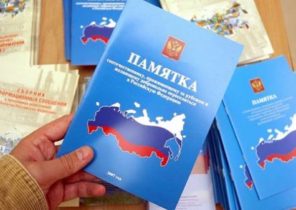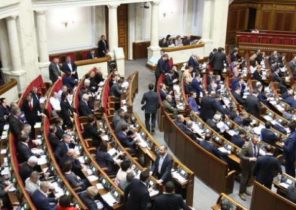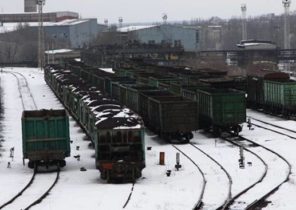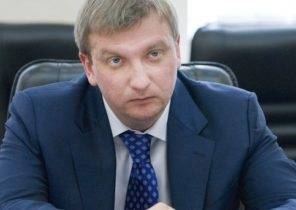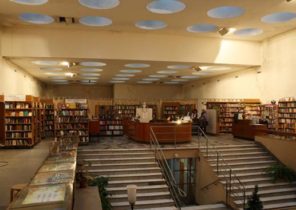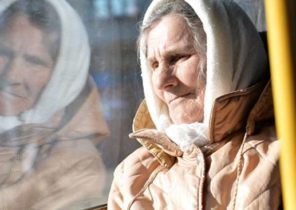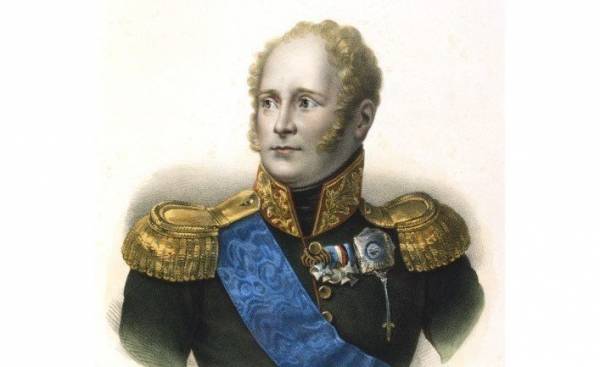
We meet again with historian, researcher of Institute of a name of T. G. Masaryk Vratislav Mobekom. This time series of our meetings at the microphone on the history of the development of Czech-Russian relations during the XIX and XX centuries. We begin with a period, when only just beginning to emerge the first outlines of the concept of “Czech people” and identified a group of citizens, able to speak on behalf of this nation. The main role here is played by the city petty bourgeois, the intellectuals, the people who strengthen their identity and form a political, rather, is “pre-political” thinking.
— The authorship of the first text or commentary that reveals the direction of the emerging Czech political thinking belongs to the famous linguist Joseph Dabrowska (August 17, 1753 — January 6, 1829, priest, philologist, the founder of Slavic studies and historian, corresponding to the so-called 1st generation of the Czech national revival).
We are talking about the speech of Josef dobrovský during a visit to Prague (1791) of the Emperor Leopold II. His comment is a reminder of the existence of the Slavs as a separate nation and independent cultural element. It also refers to the Russians and Russia as an independent and, in the interpretation of dobrovský, free state. It was a kind of demonstration of the desire of Czechs to serve Austria, but to develop as people.
Cute Slavic brothers
The following 1792 Josef dobrovský went to Russia. He goes on a journey with a Czech aristocrat, Joachim Sternberg, working in chemistry and entomology. Goal by Josef dobrovský, the library, and the ancient Slavic literature.
Very interesting diary notes. In one of them he says: “Our dear Slavic brothers, the hair, such as Procopius describes them”. In the Czech Republic did not know what the Russian and to facilitate the description of the people Josef dobrovský have to refer to Procopius of Caesarea, Byzantine historian of the VI century. There is a diary and personal observations: “I am outraged by their dexterity in theft.” We don’t know, but probably have dobrovský was a negative experience. Josef dobrovský is the first representative of the Czech people, who wanted to know where and who they are — Russian.
Later the Czechs have the opportunity to meet with Russian closer. It happened during the Napoleonic wars. And here it must be emphasized that it is for “urban” intellectuals it was a very important experience. He is allowed to draw conclusions about “Slavic brotherhood” and the Slavophilism, as such.
— Of course they formed a kind of illusory notion of Slavs. But in this case we’re talking about the generation of Josef Jungmann (16 July 1773 — November 14, 1847, a Czech poet and philologist), Frantisek Celakovskeho (March 7, 1799 — August 5, 1852, Czech poet, writer, critic, translator, philologist, journalist, ethnographer, activist of Czech national revival), the Slovak poet Jan Kollar (29 Jul 1793 — 24 January 1852, poet, politician, philosopher, and Lutheran Minister), who interpreted Slavophilism very selfless. Ian Collard, for example, urges his readers to abandon the native language in which they speak Polish, Russian, Czech and write in the Slavonic language.
It is important to understand what is described in 1824 by Jan Kollar in the book “Daughter of Glory” image of Slavophilism is an illusion of Slavic unity and political cooperation. At that time the Czech intellectual is no opportunity politically to think or act.
The Slavs, the brothers Slavs cute!
You like bloody Yes battlefield dispute —
tell me: what in the war?
Take from the pile of coals lesson:
in one family Sjedinjene in advance,
they burn and Shine on the Tagan
and spark up a sword in a ceiling;
but what one would do ember?
Connect W all of us without exception:
Serb, Russian, Czech, Bulgarians, poles,
to one another will jump in my arms —
one banner, one flag will be;
forget all that was, will brothers
and a falter opposite enemy!
(Jan Kollar, translated by N. Berg)
In 1822, when Vienna comes to Russian Emperor Alexander I, there goes a poet and folklorist františek Czelakowski. He needed to see the Russian Emperor, to understand how Russians look like, to talk.
— By the way, Celakovsky, and two Slavist Vaclav Hanka (10 June 1791 — 12 January 1861) and Joseph Safarik (13 may 1795 — 26 Jun 1861) was invited to head the library in Saint-Petersburg. However, to realize this plan failed. Thus the Josef dobrovský was the first and last representative of the number of intellectuals who visited Russia and had a real opportunity to promote the development of Slavic cooperation.
“In 100 years we will be one people”
Illusory period of Slavophilism, completed 1830, when an uprising took place in Poland.
At the time of the Czech intellectuals came face to face with the problem of a split in the ranks of the Slavs on polonophile and Russophile. The next word will be for the generation of Karel Havlicek (31 October 1821 — 29 July 1856, Czech politician, poet, publicist) that will find a way to operate with Slavophilism and the Slavic in General, but within Czech political agenda. However, this is something quite different. It will be a generation that developed a political job.
Until then it was only about dreams and illusions, that in a hundred years, according to Josef Jungmann, we will live together and become one, strong, Slavic people.
Less — what was the Czech understanding, the more manifest the ambitions of power, which could not be Czech, but he wanted to be Slavic. However, this required the emergence of politicians to dream fought with political reality. At this time, a new period of Czech national revival, concludes historian Vratislav Doubek.
